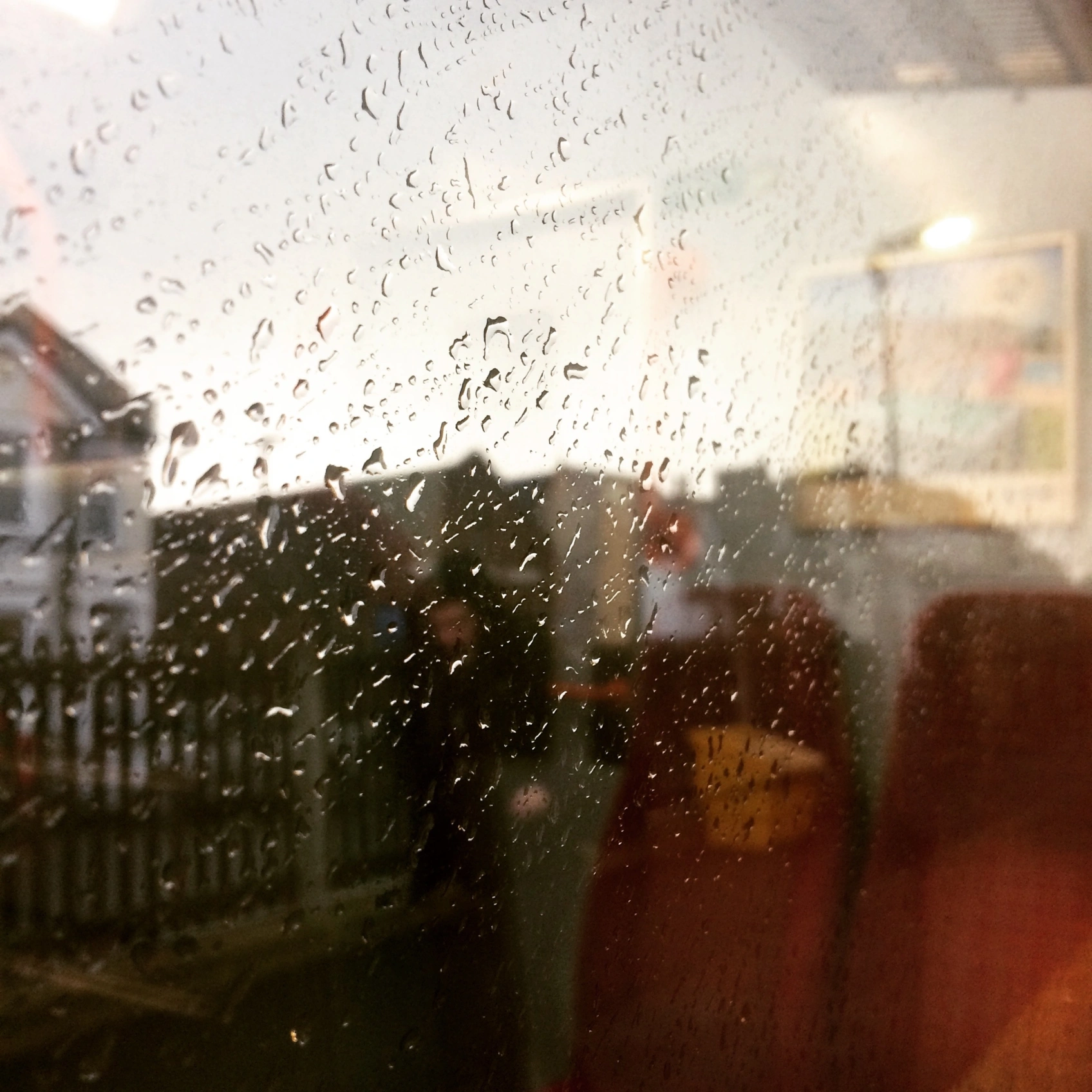
Når temperaturen stiger én grad, kan luften ta opp rundt sju prosent mer vann, og dermed gi mer regn.
Så Hvorfor regner det ikke mer?Våre forskningsgrupper
Lær om klima
Se alleAktuelt
Se alle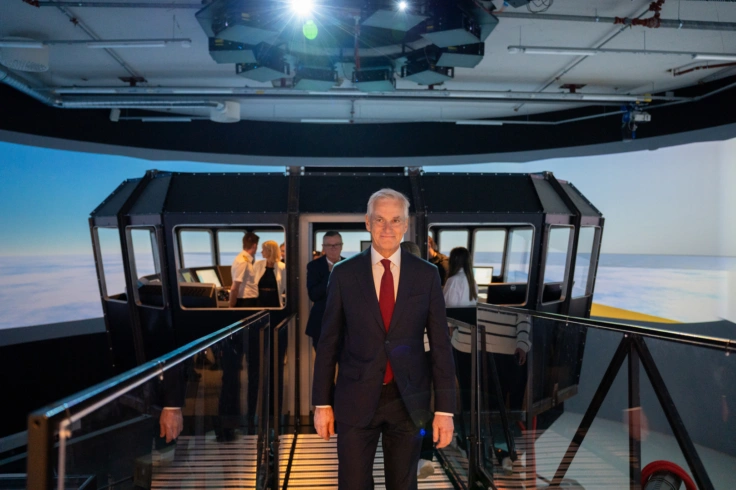
26.08.25
Regjeringen lanserer Polhavet 2050
Regjeringen innvilger én milliard kroner over ti år til forskningsprogrammet Polhavet 2050, der UiB er en viktig aktør.
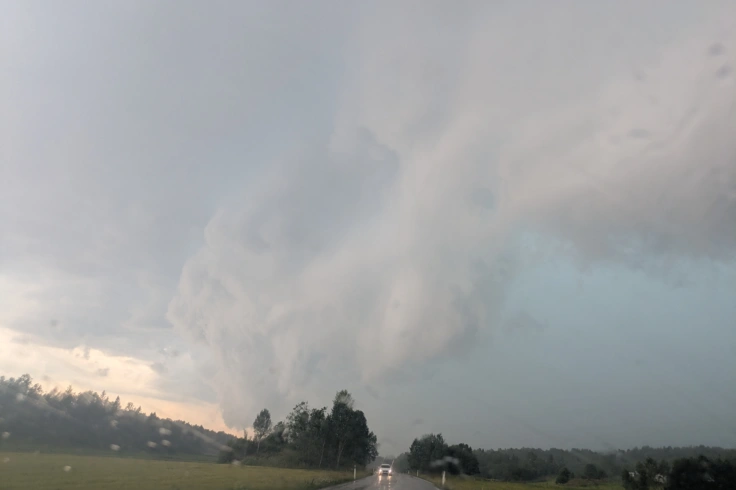
20.08.25
– Hvorfor regner det ikke mer?
Klimaendringer forsterker det verste regnværet mer enn ordinært sipperegn. Ny forskning viser at regn i forbindelse med fronter påvirkes mest, og illustrerer hvorfor annet ekstremregn ikke blir like ille.
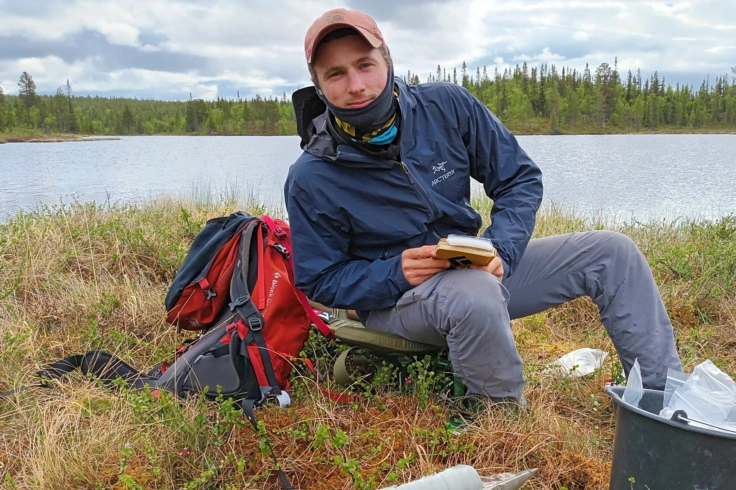
30.07.25
Klima i endring - flom og skred i Norge gjennom 10 000 år
I et varmere og våtere klima vil hyppigheten av regnflommer trolig øke, mens de årlige vårflommene på Østlandet kan avta dersom snømengden i fjellet reduseres.
Kalender
Se alle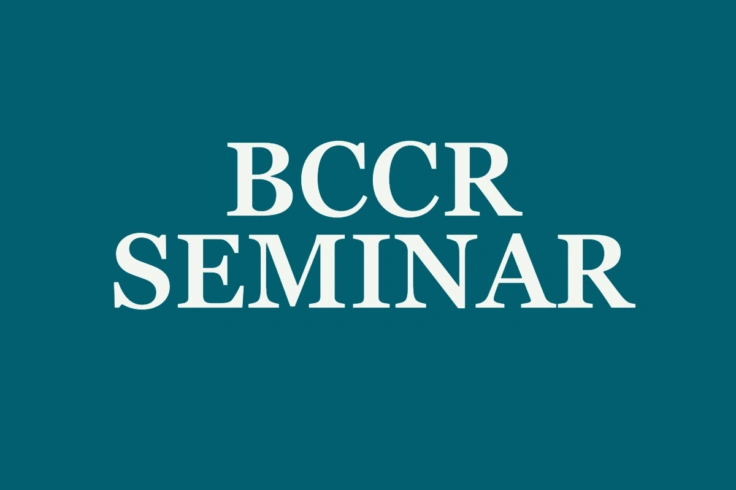
01.09.25
BCCR seminar 1st September: "Abrupt CO₂ uptake and ecosystem responses in the Subpolar North Atlantic under global warming".
Name of speaker: Huiji Lee from Seoul National University, South Korea. Abstract The ocean is a crucial sink for anthropogenic CO2 emissions, yet its future response remains uncertain. Here, using the Community Earth System Model (CESM2) under different CO2 emission rates, we find a pronounced weakening of ocean CO2 uptake in the Subpolar North Atlantic (SPNA), distinct from the global response. Initially, the SPNA is an effective CO2 sink, but due to the contraction of deep convection, the uptake decreases and the oceanic pCO2 exceeds the global average. Recognizing the importance of regional ocean circulation in CO2 uptake, we identify a nonlinear relationship between environmental conditions and uptake response, revealing consistent thresholds for the emergence of uptake weakening. Overall, the distinct uptake response reflects the key role of regional dynamics in regulating the CO2 budget and geochemical environment, and such abrupt change in the regional carbon cycle may ultimately trigger severe ecosystem disruptions. This highlights the importance of accounting for regional dynamics in future CO2 mitigation strategies. About the speaker I am currently a PhD student at the Seoul National University, South Korea, and a visiting researcher at NORCE/Bjerknes Centre for six months. My research interests focus on the ocean carbon cycle and marine ecosystems, with particularly how ocean buffering capacity regulates climate projections and the potential of ocean-based carbon dioxide removal strategies. Zoom details https://uib.zoom.us/j/62554083320?pwd=w66YFoIhFNBTjgDA4bKppdlKAzpOoj.1

03.09.25
Stormtracks group meeting 3 September
This semester, we’ll be meeting at the same place (U105) but an hour earlier than before: every Wednesday at 1300 to 1400. Our first Stormtracks group meeting will be on September 3rd (Wednesday) from 1300 to 1400.

08.09.25
BCCR Monday Seminar 8th September: " Wave-driven ocean currents: how ocean responds to Stokes transport"
This BCCR Monday Seminar will be given by Yasushi Fujiwara from Kobe University. He will present his work on " Wave-driven ocean currents: how ocean responds to Stokes transport". Abstract Stokes drift associated with surface waves induces mass transport that interacts with ocean currents. Its effects can be represented in governing equations as external forcings such as Coriolis-Stokes and vortex forces. While pointwise current responses (anti-Stokes Eulerian current) have long been studied, nonlocal responses to spatially varying waves remain less understood. Here, using linearized wave-averaged theory, we show that inhomogeneous Stokes transport induces horizontal convergence/divergence, driving nonlocal geostrophic responses via effective Ekman pumping. Idealized simulations reveal dipole circulation around localized Stokes forcing, and over sloping topography, transient forcing excites topographic Rossby waves that irreversibly modify geostrophic currents. A simulation with realistic topography and wave forcing shows Lagrangian transport of O(1) m^2/s persisting for days after a cyclone. About the speaker Yasushi Fujiwara is an Assistant Professor at Kobe University, Japan. He received his Ph.D. in Physical Oceanography from Kyoto University, Japan. His research focuses on small-scale processes in the oceanic boundary layer, particularly wave–current interactions, surface wave dynamics, wind–wave coupling, and their representation in numerical models. He primarily investigates these problems using numerical approaches, notably through a wave-phase-resolved model that explicitly simulates the interaction between turbulence and wave motions. Zoom details https://uib.zoom.us/j/62554083320?pwd=w66YFoIhFNBTjgDA4bKppdlKAzpOoj.1
Finn en ekspert
Våre forskere er ansatt enten hos NORCE, UiB, Nansensenteret eller Havforskningsinstituttet. Forskerne jobber sammen på tvers av ulike naturvitenskapelige disipliner. Finn forskere med fagbakgrunn blant annet innen meteorologi, oseanografi, geologi, geofysikk, biologi og matematikk.
Publikasjoner
Forskere ved Bjerknessenteret publiserer mer enn 200 vitenskapelige artikler hvert år.
Prosjekter
Forskere ved Bjerknes er involvert i flere prosjekter, både nasjonalt og internasjonalt. Prosjektene eies av partnerinstitusjonene, med unntak av våre strategiske prosjekter.





